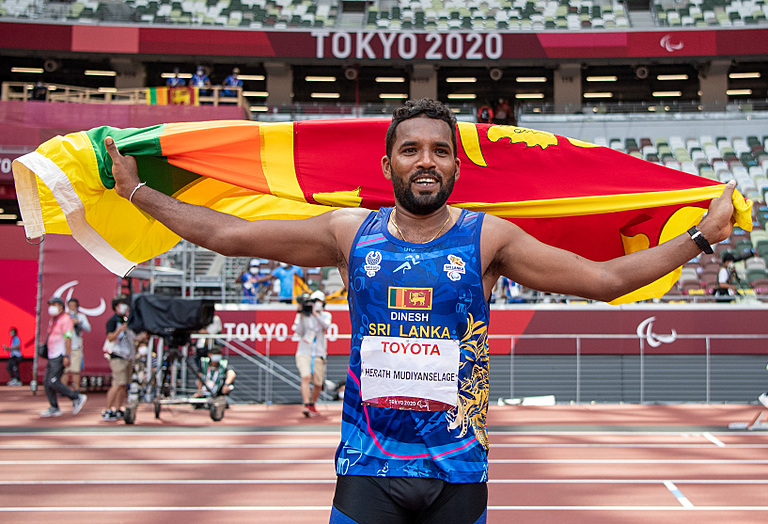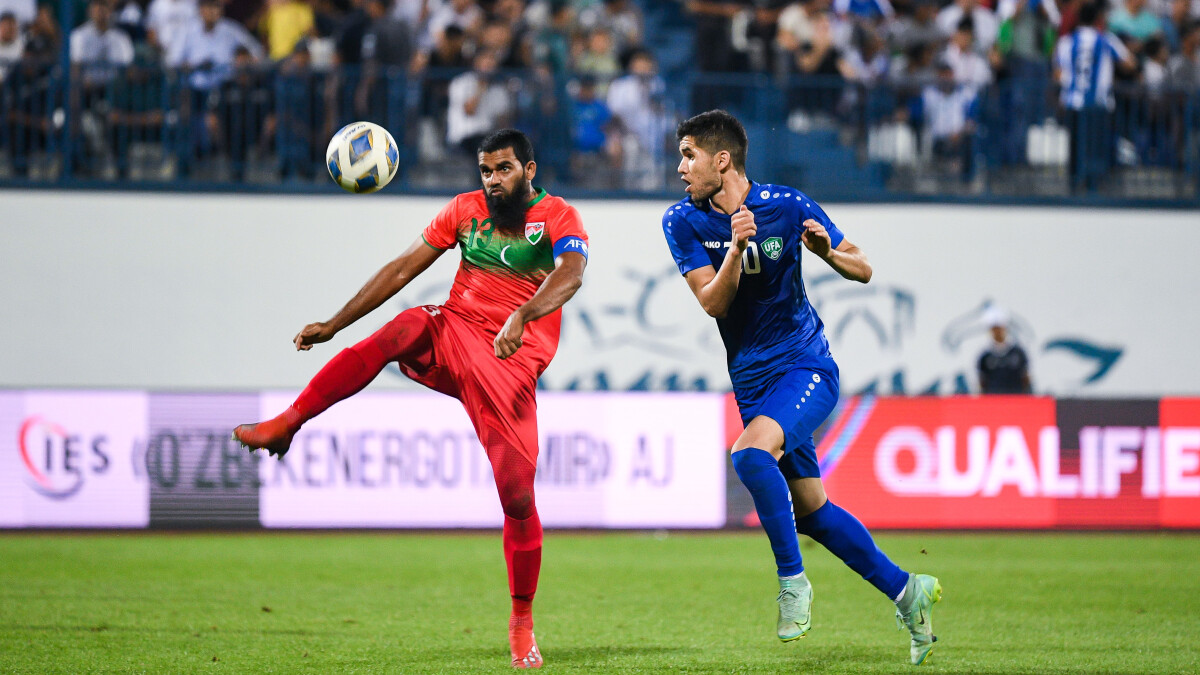Paralympic sports have been growing steadily in Sri Lanka, with athletes overcoming significant obstacles to compete on the world stage. From representing the country at the Paralympic Games to securing international accolades, Sri Lankan Paralympic athletes have made their mark, showcasing their resilience and talent. However, they continue to face numerous challenges that need addressing for the future development of Paralympic sports in the nation. This article highlights the triumphs, challenges, and support systems in place for Sri Lankan Paralympic athletes.
1. The Rise of Sri Lankan Paralympic Athletes
Sri Lankan Paralympic athletes have been inspiring figures in the world of sports, demonstrating exceptional talent and determination. The country’s first participation in the Paralympic Games was in 1996, and since then, the number of athletes and the scope of participation has expanded significantly.
Key Achievements:
- Dinesh Priyantha Herath: One of Sri Lanka’s most celebrated Paralympic athletes, Dinesh Priyantha Herath, brought immense pride to the country by winning a gold medal at the 2020 Tokyo Paralympic Games in javelin throw (F46 category). His achievement set a new Paralympic record, further highlighting the talent Sri Lanka possesses in the field of athletics.
- Silver and Bronze Medals: Sri Lankan Paralympians have won a number of medals across various disciplines, including track and field events. The nation secured a bronze medal in the 2016 Rio Paralympics, with Priyantha Herath once again demonstrating his prowess on the global stage.
These achievements represent a bright future for Sri Lankan athletes in the Paralympic arena, especially in athletics, which has emerged as one of the country’s strongest disciplines.
To learn more about Sri Lanka’s recent successes, visit Sri Lanka Paralympic Committee.
2. Challenges Faced by Sri Lankan Paralympic Athletes
While Sri Lanka’s Paralympic athletes have tasted success, they continue to face considerable challenges, both on and off the field. Overcoming these challenges is crucial for the continued development of Paralympic sports in the country.
Limited Access to Training Facilities: One of the primary challenges faced by Sri Lankan Paralympic athletes is the lack of access to specialized training facilities and equipment. Although facilities are gradually improving, they still fall short compared to global standards, limiting the potential of athletes who require state-of-the-art training environments.
Financial Constraints: Funding remains a significant hurdle for many Paralympic athletes in Sri Lanka. The limited financial support from government and private sponsors makes it difficult for athletes to access essential resources, including advanced prosthetics, professional coaching, and international competition exposure. Many athletes have to rely on personal funds or external donations to finance their sporting careers.
Social Stigma and Accessibility: Despite the progress made, there is still a degree of social stigma surrounding disability in Sri Lanka, which can affect the mental health and confidence of athletes. Additionally, many public facilities, including sports venues, lack proper accessibility features, making it difficult for athletes with disabilities to train and compete without hindrance.
For an in-depth look at the challenges faced by Paralympic athletes, visit Global Sports News.
3. Support Systems for Paralympic Sports in Sri Lanka
Despite these challenges, there are several support systems in place to aid Paralympic athletes in Sri Lanka. The government, non-governmental organizations, and private institutions have been working to provide financial assistance, better facilities, and psychological support to help athletes excel.
National Paralympic Committee of Sri Lanka: The National Paralympic Committee of Sri Lanka plays a pivotal role in the development and promotion of Paralympic sports. By organizing training camps, competitions, and sending athletes to international events, the committee ensures that athletes get the exposure they need to compete at the highest levels.
Government Funding and Sponsorships: The Sri Lankan government provides financial assistance to some extent, particularly through the Ministry of Sports. While the funding might not meet all the needs of athletes, it is a crucial lifeline for many. Additionally, private sponsors and companies are beginning to show interest in supporting Paralympic athletes, particularly after the success of the Tokyo 2020 Paralympics.
Community and NGO Support: Various non-governmental organizations and community groups are also playing a key role in supporting Paralympic sports. These organizations provide essential resources, including rehabilitation services, prosthetic limbs, and mental health support. Through advocacy efforts, they are raising awareness about disability and the importance of inclusivity in sports.
To learn more about the support systems in place, check out Sri Lanka Paralympic Support.
4. The Future of Paralympic Sports in Sri Lanka
The future of Paralympic sports in Sri Lanka is promising, with an increasing number of athletes participating in both national and international competitions. However, to sustain this growth, significant investments in infrastructure, coaching, and financial support are needed. The government’s commitment to improving the lives of individuals with disabilities through sports will play a critical role in shaping the future of Paralympic athletics in the country.
Areas for Improvement:
- Enhanced Training Facilities: Upgrading sports infrastructure to accommodate Paralympic athletes will be vital for Sri Lanka’s future success on the world stage.
- Increased Funding: More investment from both government and private sectors is necessary to provide athletes with the tools and resources they need to thrive.
- Greater Awareness and Inclusion: Efforts to break down social stigmas and increase the inclusivity of sports programs for people with disabilities will be key in fostering a more supportive environment for Paralympic athletes.
With the right support systems in place and continued focus on development, Sri Lankan Paralympians are poised to achieve even greater success in the coming years.
Conclusion
Sri Lankan Paralympic athletes have already made significant strides on the global stage, overcoming immense challenges to bring pride to their nation. From gold medals at the Paralympics to a growing support system within the country, the future looks bright for Paralympic sports in Sri Lanka. However, sustained growth will require more investment in infrastructure, funding, and inclusive policies.
For more updates on Sri Lankan Paralympic sports, visit Lanka Sports Arena. And if you’re looking for some entertainment, check out the latest arcade games at JW7.



